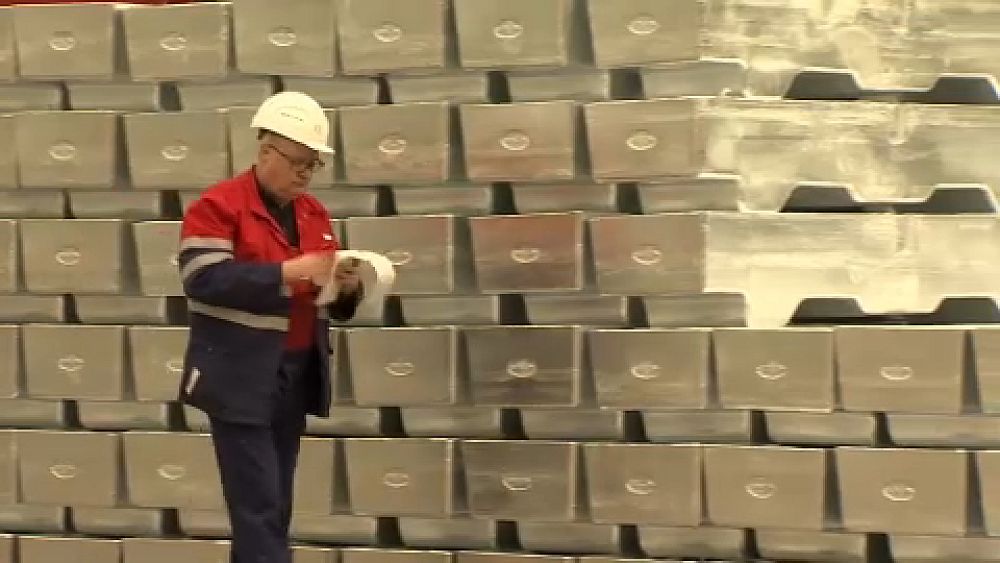
Governments should compensate energy-intensive industries, according to Europe’s industrial energy consumer union.
Peter Claes, President of the IFIEC (International Federation of Industrial Energy Consumers) Europe told Euronews that companies that use a lot of energy to make their products are bearing the brunt of increased energy costs, despite acting to reduce their carbon footprints.
He says this needs to be dealt with urgently before it is too late.
“If you want to have a level playing field in Europe, this compensation should be given to all concerned industries and all European countries,” Claes said. “I think European companies are already doing a lot of effort for reducing their climate footprint.
“But if on top of that you have a financial disadvantage by a higher price that you pay or a compensation that you do not get then, of course, at a certain moment you cannot continue to do the efforts to reduce your emissions and pay a higher price.”
Zinc producer Nyrstar has had to further curtail its output by up to 50% with electricity prices soaring.
Three of its European smelters are significantly affected by the current crisis, including one of theirs at the Dutch-Belgian border in Budel-Dorplein.
“Making zinc consumes a lot of electricity. Electricity prices have gone up, so that means that the margin on the zinc that we produce is getting less and less,” Henk Leendertse General Manager at Nyrstar Budel explained.
“Sometimes it’s more expensive to make the zinc, rather than not making the zinc. At those times we choose not to make any zinc, of course.”
Nyrstar’s Budel-Dorplein plant is fully electrified, with electricity making up to 80% of the zinc production cost, an increase of 50% compared to last year.
In an effort to reduce its carbon footprint, all of its energy purchased is from green sources, but this hasn’t stopped the electricity costs from rising exponentially.
“The carbon emissions of the electricity providers are passed on to the industry — to us. So, we pay for the CO2 component in the electricity, while at the same time 100% of our electricity purchased is green,” Leendertse told Euronews.
“The industry is compensated for that via European regulation that is taken over by the national governments to compensate industries, but not every country in Europe is applying that, and the Netherlands is one of those countries that is not really applying that now.”